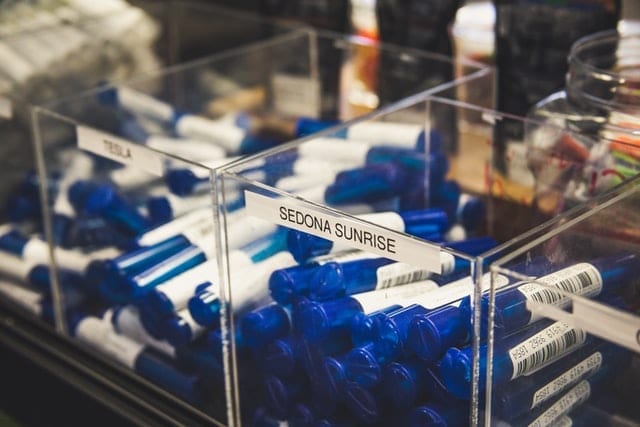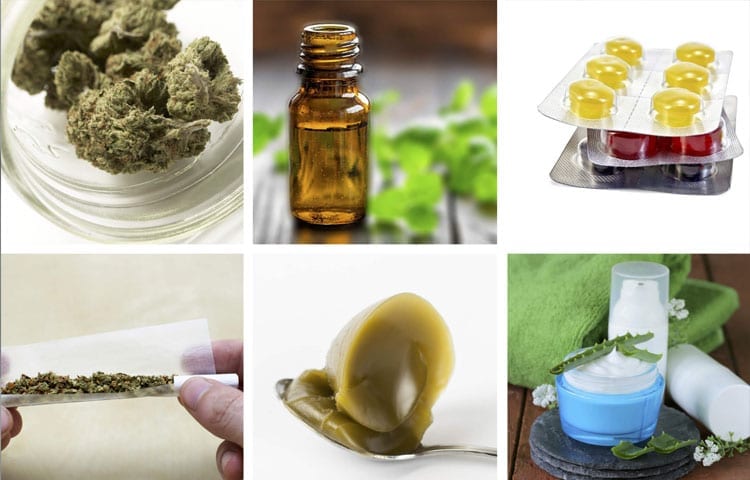The Benefits of a Medical Marijuana Card, and Why It Is Worth Getting One

Marijuana is sold for both medical and recreational purposes in Colorado, but it’s definitely not sold at the same prices for both purposes. Not only is the cost of flower, concentrates and edibles cheaper for medical patients, but the taxes on those purchases are around 25 percent lower.
Is the hassle of visiting a doctor for a medical card still worth it? Are there any real benefits?
The answer is yes—there are many real benefits for medical cannabis card holders. From lower prices, to consistency and quality to dosage, access and affordability, patients will find plenty of support for their ongoing care on the medical side of cannabis legality.
Lower Costs & Taxes
A major benefit offered by many states’ medical dispensaries is lower cost for patients, which is extremely important for people who rely on cannabis for medical issues. Imagine needing life-improving medication, but not having it covered by your insurance—that is the reality of medical cannabis patients all over the country.
Now imagine your medicine was also highly taxed and thus very expensive since it also doubled as a recreational joy for many people—that would be the reality of patients if they only had access to recreational dispensaries.
Medical cannabis dispensaries allow concessions for patients that recreational shops do not. An example of this can be seen in Colorado.
Medical cards allow patients to have access to their medicine for lower cost, making their healthcare more affordable and accessible.

Another benefit for Medical Marijuana Card holders is the amount of Medicine you can purchase. Recreational is very limited on the amount you can purchase. With Medical, you have the option of applying for an EPC (extended plant count) which gives you the ability to purchase much greater quantities of medicine. This is crucial for those patients with severe conditions who are required to use concentrates, edibles and topical which take much more cannabis to produce the end product than those simply using flower.
Cannabis Patients Under Age 21
Recreational shops are permitted to sell cannabis to anyone who is over the age of 21. While this makes sense for the general populous, children who are also cannabis patients wouldn’t have access. Some medical cards allow those who are age 20 and under to legally access the cannabis medicine they need for their healthcare when treating cancer, epilepsy, or other ailments. Drawing a distinction between medical and recreational cannabis is also important in reducing stigmatization of pediatric patients. All 29 states with medical cannabis programs currently have laws allowing minors to access medical cannabis with the assistance of a caregiver. The form of cannabis (oils, edibles, etc), cannabinoids permitted (THC, CBD, etc.), and potency limits vary state-to-state.
